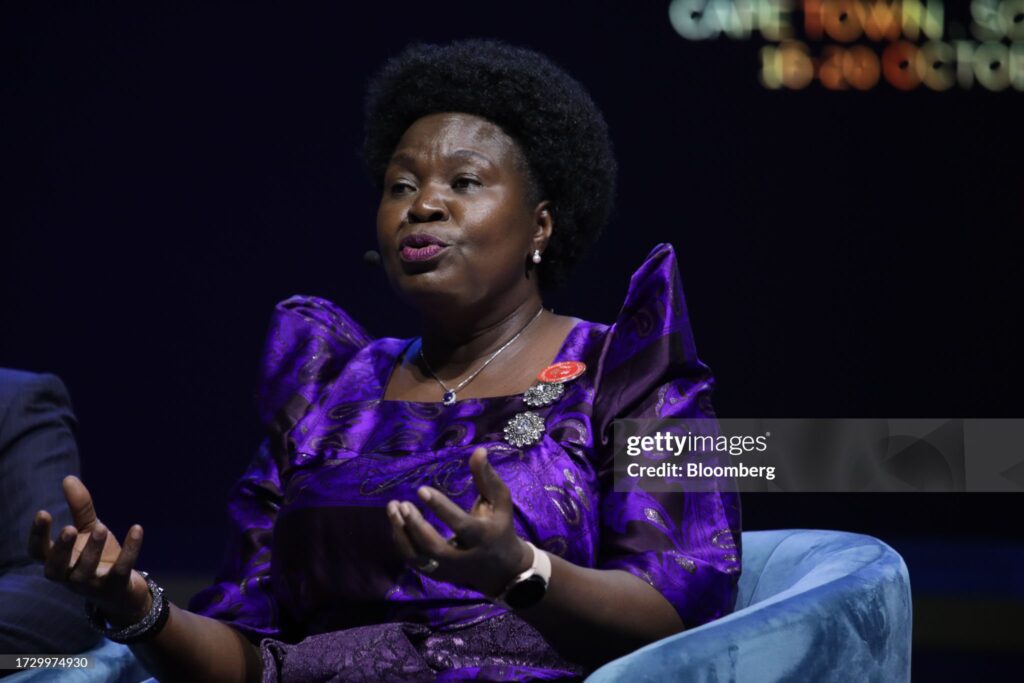Oil Pipeline under construction
Cape town, October 25 — Partners developing the $5 billion East African Crude Oil Pipeline (EACOP) are injecting more cash into the project to prevent it stalling as debt financing proves elusive.
Minister Ruth Nankabirwa recently travelled to Beijing to meet with potential Chinese funders seen as crucial for the success of East African Crude Oil Pipeline (EACOP) after six Western banks, including BNP Paribas, Société Generale and Barclays, pledged not to finance the pipeline under pressure from climate activists.
Linking oilfields in Uganda to Tanga port in Tanzania, EACOP is part of a broader $15 billion energy plan by TotalEnergies (TTEF.PA), opens new tab, China’s CNOOC and other partners to develop the Kingfisher and Tilenga discoveries close to Lake Albert.

With a final decision on debt financing expected before the year-end, Nankabirwa said securing funds has required additional lobbying of banks and restructuring the package to include more stakeholder equity than debt — departing from an initial plan to have 60% covered by bank loans and 40% by equity.
Uganda’s energy minister, Ruth Nankabirwa, told Reuters that TotalEnergies has agreed to inject another $400 million, Uganda committed $45 million more and Tanzania will be requested to match that.
“Now equity is surpassing debt, from 40% to now almost 52%, so you see how shareholders are committed to look for the money to make sure the project doesn’t stall,” she said.
“As you look for money to put in, that means the debt, the external tranche, reduces,” Nankabirwa said.
EACOP was slated to be funded via $3 billion debt and $2 billion from shareholders.
Top pipeline shareholder TotalEnergies, with a 62% stake, said it does not comment on project financing. Uganda’s National Oil Company and Tanzania’s TPDC each hold 15% while CNOOC has 8%. CNOOC did not reply to requests for comment.
The first Chinese-made pipes for what could become the world’s largest heated crude pipeline are currently being put in place, officials said, and contractors need to be paid.
Nankabirwa said during her Beijing visit in June she met with several banks, including the Export-Import Bank of China. She asked them to fast-track their debt financing decisions.
Almost a dozen European banks, which she declined to name, were also considering supporting EACOP, despite pushback from activists, Nankabirwa added.



